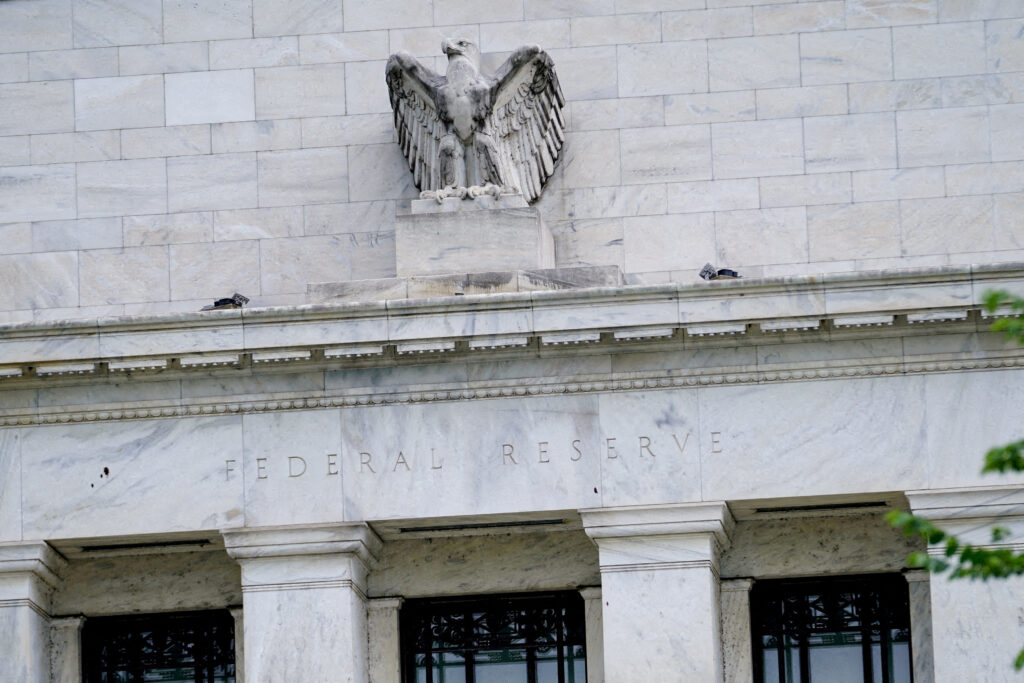U.S. bank regulators have directed Bank of America, Citigroup, Goldman Sachs, and JPMorgan Chase to strengthen their plans for orderly resolution in the event of bankruptcy, according to a recent statement from the Federal Reserve and Federal Deposit Insurance Corporation (FDIC). These institutions, among others, were instructed to refine their “living wills” to demonstrate how they would safely unwind their derivatives portfolios when they next submit plans in 2025.
The decision underscores the regulators’ scrutiny over the ability of large financial institutions to manage their complex financial instruments, such as derivatives, which hold trillions of dollars in notional value. Derivatives are crucial tools for managing risk, but their mismanagement or the failure to unwind them safely could have significant financial implications.
Bank of America did not immediately respond to requests for comment, while JPMorgan and Goldman Sachs declined to provide statements.
Christopher Marinac, director of research at Janney Montgomery Scott, highlighted that the regulators’ directive indicates dissatisfaction with the current state of the banks’ resolution plans. He emphasized that there is still considerable work required to ensure these plans meet regulatory standards effectively.
Regarding Citigroup, the FDIC has escalated its concerns to classify the bank’s plan as deficient, indicating that the regulator does not find it credible. However, the Federal Reserve did not echo this classification. Had both regulators deemed Citi’s plan deficient, the bank would have been compelled to submit an improved plan and potentially faced additional regulatory measures. Analysts like TD Cowen’s Jaret Seiberg noted that while Citi is under pressure to enhance its plan, it is not currently facing forced divestitures.
Following the global financial crisis of 2007-2009, regulators mandated that large banks regularly submit living wills to outline how they could be unwound without requiring taxpayer assistance. Over the years, most major banks have received critiques from regulators on their living wills, leading to revisions and enhancements in subsequent submissions.
In their recent review, regulators cited weaknesses in Citigroup’s data management and controls, which contributed to inaccuracies in calculating liquidity and capital requirements for unwinding derivatives positions. These issues were identified in Citi’s 2021 living will, and the bank has been instructed to provide independent confirmation of addressing these issues when it submits its 2025 plan.
Regulators also required Citigroup to outline resolution plans for its operations outside the U.S., reflecting broader concerns about the global implications of bank failures.
Citigroup responded to the regulatory scrutiny by affirming its commitment to addressing the identified issues, particularly around data quality and regulatory processes. The bank acknowledged the need to accelerate its efforts in certain areas and expressed confidence in its ability to be resolved without systemic impact or taxpayer funds.
The news impacted the stock prices of JPMorgan, Bank of America, Goldman Sachs, and Citigroup, all of which experienced approximately 1% declines in afternoon trading following the regulatory announcements.
Looking ahead, the banks must also focus on contingency planning and obtaining necessary actions from foreign governments to execute their resolution plans effectively, an aspect highlighted after difficulties encountered in safely unwinding Credit Suisse following its collapse last year.
Regulators did not identify significant problems in the living wills submitted by Wells Fargo & Co., Bank of New York Mellon, State Street, or Morgan Stanley, underscoring variances in regulatory scrutiny across different financial institutions.
